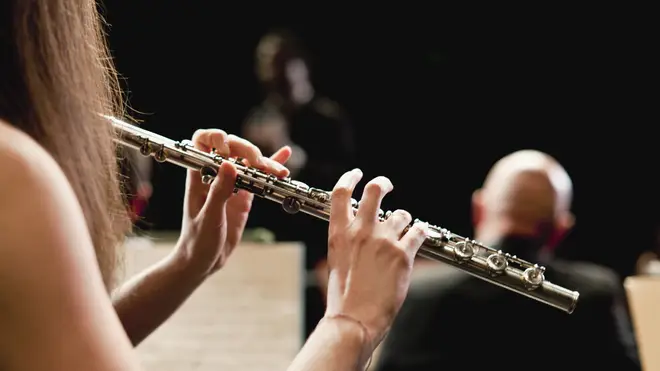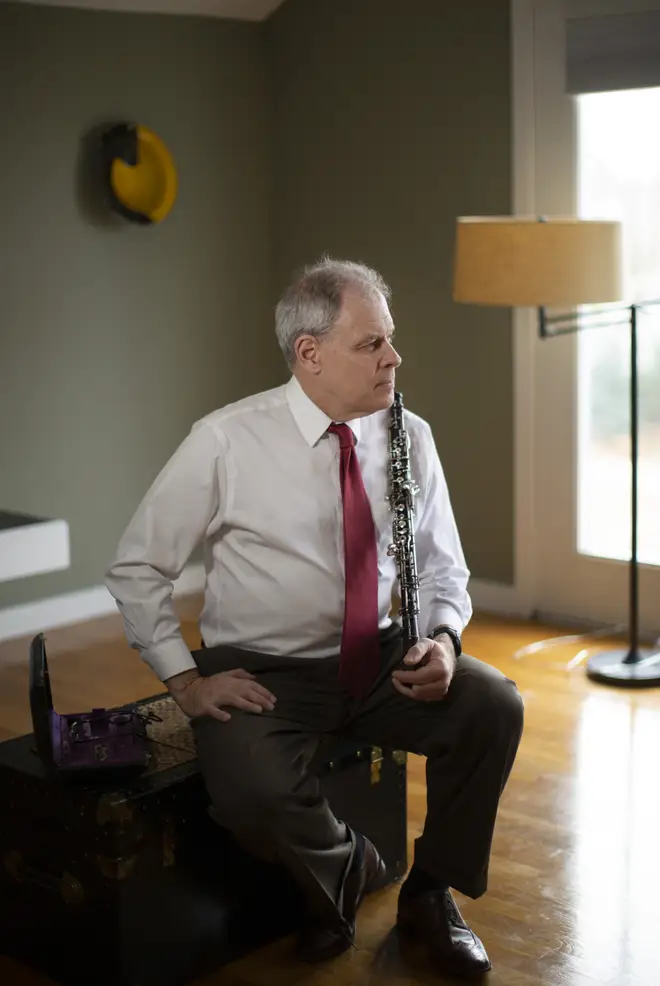Flautist settles lawsuit with top US orchestra after equal pay row
12 December 2018, 15:03 | Updated: 22 February 2019, 14:54

In July, Boston Symphony Orchestra’s principal flautist sued the orchestra for paying her $70,000 less than her male woodwind counterpart. Now she’s settled with the orchestra.
Elizabeth Rowe, who joined the BSO as principal flautist in 2004 after a successful blind audition, has settled the lawsuit she filed against the orchestra last July.
Rowe said she had asked for years to be paid the same as the principal male oboist – the best comparison to her role in the orchestra – but the BSO continued to pay her less.
She sought more than $200,000 in unpaid wages, and was the first woman to file a lawsuit under the Massachusetts Equal Pay Law that took effect on 1 July 2018.
Both parties have said they are "satisfied with the result" of the case, which closed in Massachusetts’ Suffolk Superior Court last Thursday (14 February). Details of her settlement have not been disclosed.
Elizabeth Rowe, the @BostonSymphony's principal flutist, has settled the gender pay-gap lawsuit she filed against the orchestra last July. https://t.co/AOMbbumXLE pic.twitter.com/1oXPP4c98x
— NPR Music (@nprmusic) February 21, 2019
Speaking to The Washington Post in December, Rowe said: “Money is the one thing that we can look to to measure people’s value in an organisation. You look at the number of women that graduate from conservatories and then you look at the number of women in the top leadership positions in orchestras, and it’s not 50-50 still.
“Women need to see equality, and they need to see fairness in order to believe that that’s possible.”
Rowe’s lawsuit stated that under new 2016 equal pay law, she should be paid no less than a male player in a comparable position – in this case, the BSO’s principal oboist, who sits next to her in the ensemble and earns $314,600 a year.
According to the lawsuit, the orchestra used Rowe as the ‘face of the BSO’ and singled her out for prominent solos, public relations and donor meetings, as well as using her to attract members of the public to concerts.
The orchestra argued, in a response filed with the court, that “the flute and the oboe are not comparable.” In the statement to The Washington Post, the BSO also said the oboe is “second only to the concertmaster in its leadership role” and is “responsible for tuning the orchestra.”

In a joint statement to NPR, BSO and Rowe's lawyer, Elizabeth A. Rodgers, said they are "satisfied with the result" of the settlement, which contained a promise to "continue to collaborate with musicians, staff, and other leaders in the field to accelerate the process of achieving gender parity".
Since Rowe filed the lawsuit, The Washington Post has launched an investigation into the gender pay gap in major US orchestras.
They found the top male earner in a US orchestra makes $535,789, while the top female earner makes $410,912.
Their analysis also shows that although women make up nearly 40 percent of the country’s top orchestras, when it comes to the principal roles, 79 per cent (240 of 305) are men. The gap appears to be even more significant in the “big five” orchestras in Boston, Chicago, Cleveland, Philadelphia and New York, where women occupy just 12 of 73 principal positions.


































